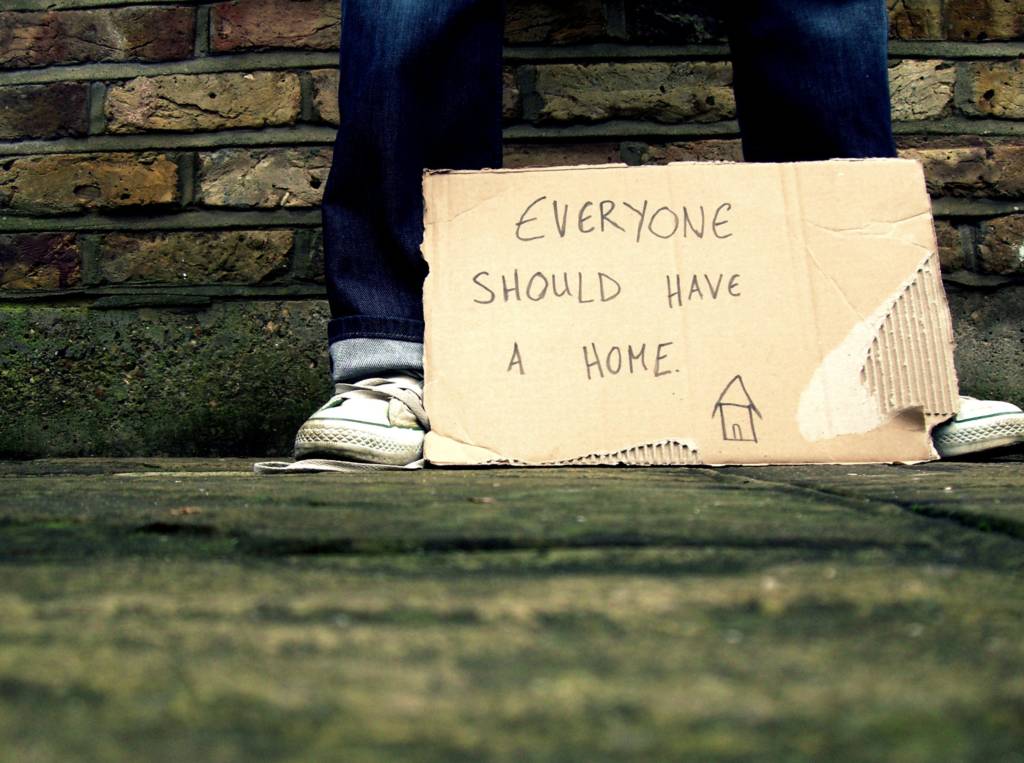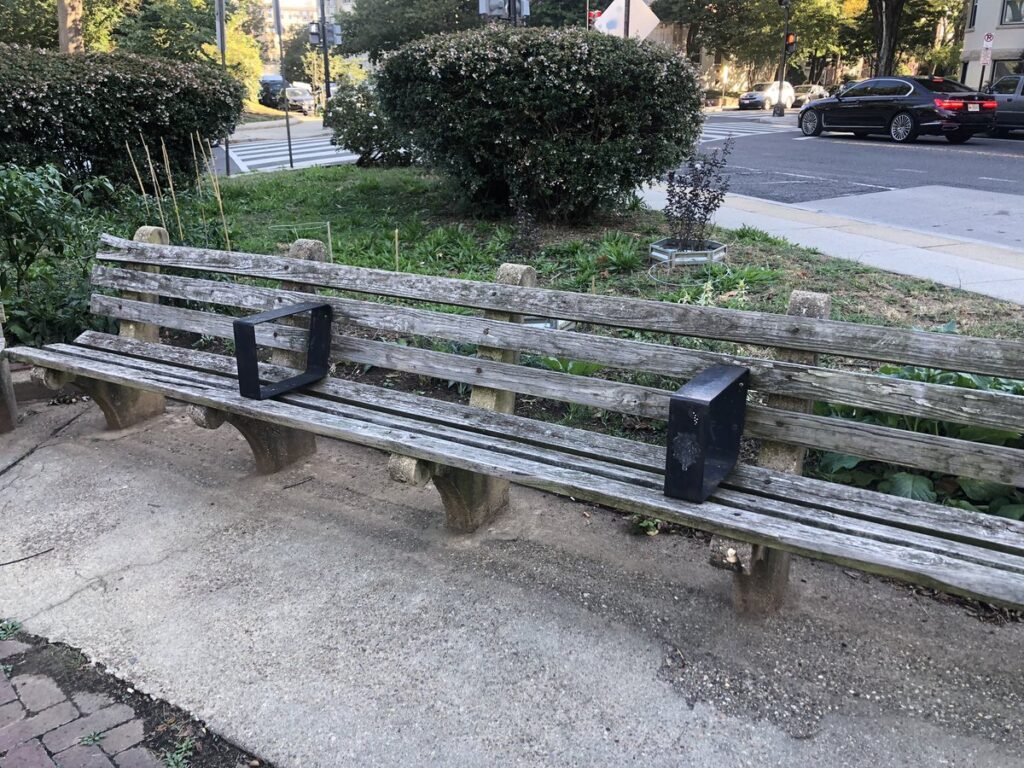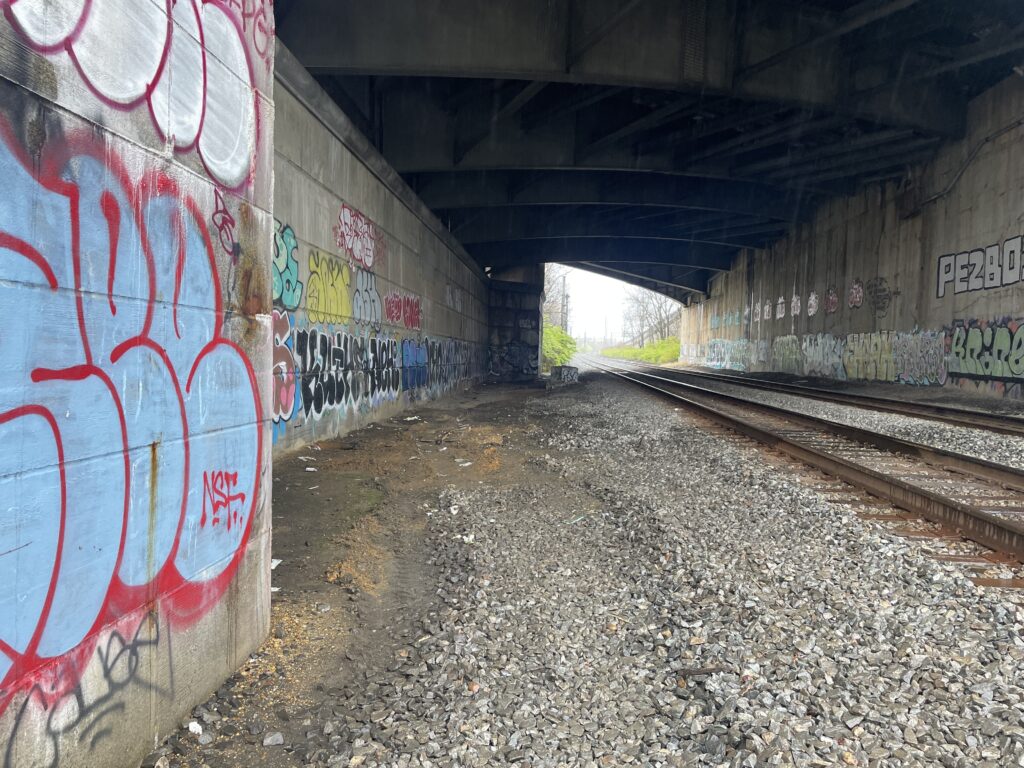Amid worries about the cost of sheltering homeless families, city officials still can’t say whether they will need to shutter emergency shelters for single men and women once the winter hypothermia season ends on March 31.
“I can’t tell you right now,” District Department of Human Services Administrator Fred Swan told advocates and service providers gathered Jan. 9 for the monthly meeting of the Coalition of Housing and Homeless Organizations (COHHO).
Before any decision can be made on the men’s and women’s shelters, the city must see how much it will spend on housing homeless families in motels this winter, Swan said.
The former D.C. General Hospital has served as the city’s family shelter since the squalid D.C. Village shelter was closed in 2008. Last year, additional rooms were renovated at the facility to increase its capacity to 271 families. City officials hoped through the expansion to avoid the high cost of sending homeless families to motels. But on Jan. 9 the hospital shelter was filled, making motel placements again necessary.
“Right now, those beds are full at D.C. General,’’ Swan said. “We will have to house people in hotels.”
The city, which is required by law to protect people from freezing weather, also offers up to 1,331 emergency beds to single men and 427 beds to single women when hypothermia alerts are declared. In past years, beyond the Nov 1 to March 31 hypothermia season, the city has also maintained a system of low-barrier temporary shelters for single people. But when the city began Fiscal Year 2013 with a $7 million short¬fall in its homeless services budget due to the loss of federal funds, the pros¬pect of cutting non-winter emergency services to single people was raised.
Swan said he believed that funds are now available “to help close the $7 million gap.” Still he could make no guarantee on sheltering single men and women until the city’s homeless families, particularly the children, were cared for.
His message sounded similar to the warning offered the members of the city council last fall by Beatriz Otero, the city’s deputy mayor for health and human services. In a letter to the council, Otero said that through efficiencies and additional funds, “the $7 million projected gap in the Homeless Services budget for for FY2013 has been resolved.” But she added “the gap in Homeless Services, however, will reap¬pear if utilization of family shelter expands beyond 2012 levels.”
The city cannot pay for all needs, Swan said.
“Legally, we have to prioritize hypothermia services for individuals and families. Its our legal obligation,” Swan said. Beyond the winter season, the city needs to prioritize homeless families due to the vulnerability of the children, Swan said.
Tom Howarth, director of the Father McKenna Center, said the homeless men who receive services from his pro¬gram are frightened they could lose their shelter beds when spring comes.
“What do I tell the men?” Howarth asked at the COHHO meeting. “ What is going to happen on April 1?”
Howarth left the meeting without answers, or reassurances.








